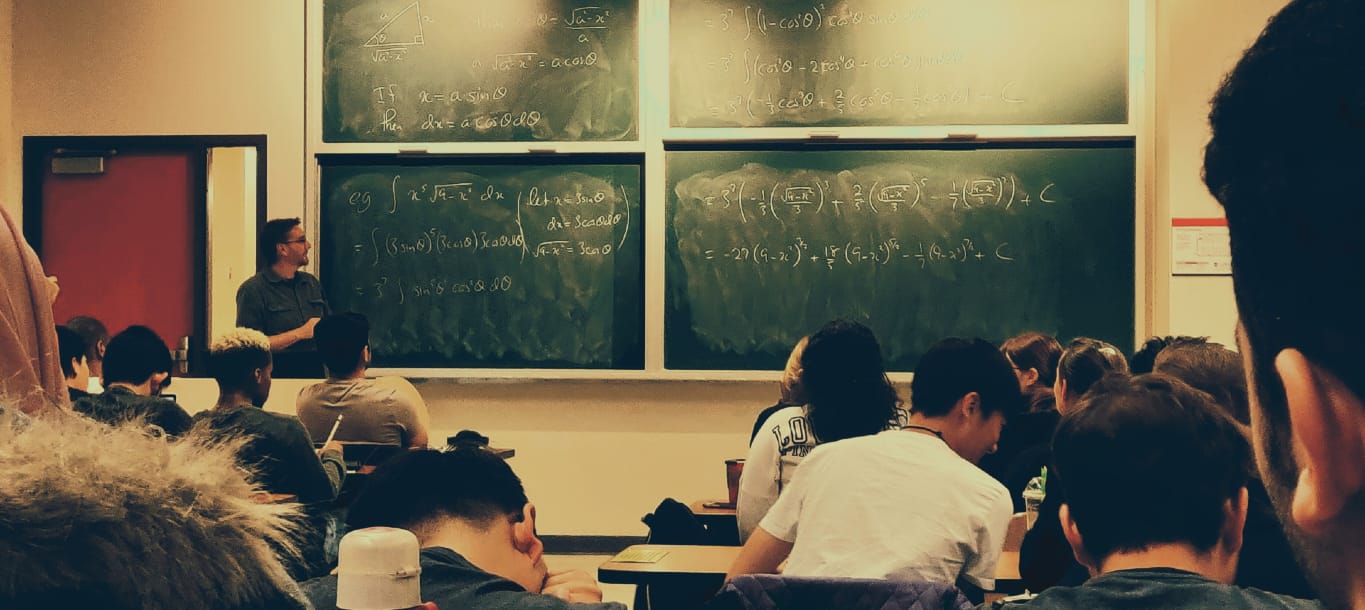Qualifying as a teacher
In order to complete teacher training, you'll need an undergraduate degree in the field. Whilst studying physics is not an explicit requirement to become a physics teacher, you need to demonstrate that you have good knowledge of the subject. For instance, you may have studied physics for your A-levels or Scottish highers, or you may have studied a subject that is closely linked to the field, such as mechanical or electrical engineering. There's also the option to complete a subject knowledge enhancement (SKE) course if you don't feel confident in your physics skills.
Once you have completed your undergraduate degree, you are ready to embark on the process of earning your teaching qualifications.
To work as a physics teacher in England, you need to have received the qualified teacher status (QTS) accreditation.
In order to gain the QTS, you have to complete an initial teacher training (ITT) programme. This can be done as a separate undergraduate course that takes 3 to 4 years to finish, which also includes practical work experience. If you’d rather get right into teaching, you can complete a postgraduate teaching apprenticeship instead of the PGCE. This will allow you to be employed by a school, gaining valuable work experience. You also won’t have to pay for the training required. The School Direct (Salaried) programme is similar, providing applicants who already have three years work experience with paid employment and the chance to train for a fully-funded PGCE.
Continuing with postgraduate options, you can also take the Postgraduate Certificate in Education (PGCE). This takes around one year to complete and it has the ITT integrated into the course.
As part of your PGCE, you have lectures and seminars on theories regarding education and teaching, as well as a 24-week-long placement at a school.
Once you have completed the ITT – whether through an independent programme, an apprenticeship or the PGCE – you will become a newly qualified teacher (NQT). You will need to work as a NQT for a full academic year before earning the QTS credential.
If you have significant work experience in the physics industry, it's possible to become a further education (all 16+ courses except for degrees) teacher. This is a route to teaching that doesn't require you to have a degree, and can be done alongside your current job.
Note that the route to qualification differs if you’re in Scotland, Wales or Northern Ireland. You can learn more about that here.
Typical responsibilities of a physics teacher
As a physics teacher, you are responsible for creating engaging and effective lesson plans that follow the school or national curriculum.
This involves the development of activities and assigning exercises that help students learn the content of the syllabus, as well as providing the necessary support to students, regardless of their background and educational attainment.
Physics teachers are also tasked with designing assessments that help monitor students’ progress, in addition to marking class work and homework. This allows you to see which students need extra support and what aspect of the curriculum your classes are struggling with.
Teachers are more than just educators. They play a key role in children’s transition to adulthood, aiding their personal and professional development. Therefore it is important that teachers maintain a healthy relationship with the students’ parents and update them on their children’s progress in school.
As you can see, being a teacher is more than just holding lessons between 9am and 4pm. You have to make sure that you provide yourself time to plan lessons and mark the work of your students.
Nevertheless, the job comes with a number of perks too, including long summer holidays.
Your skills
It goes without saying that physics teachers have to be good communicators as they need to be able to explain complex theories and equations to their students. You should also know how to manage behaviour to maintain control of the classroom.
As a teacher, you must be a good planner to prepare for your lessons. However, some students will still struggle to grasp the content of the syllabus.
For this reason, in addition to being patient, you also need to be able to adapt your lesson plan to meet your students’ needs. For example, you should have a variety of different exercises prepared that will help break down the difficult ideas and concepts in physics.
Becoming a physics teacher promises you a stable career, where you will have the opportunity to develop the future workforce of our society.
